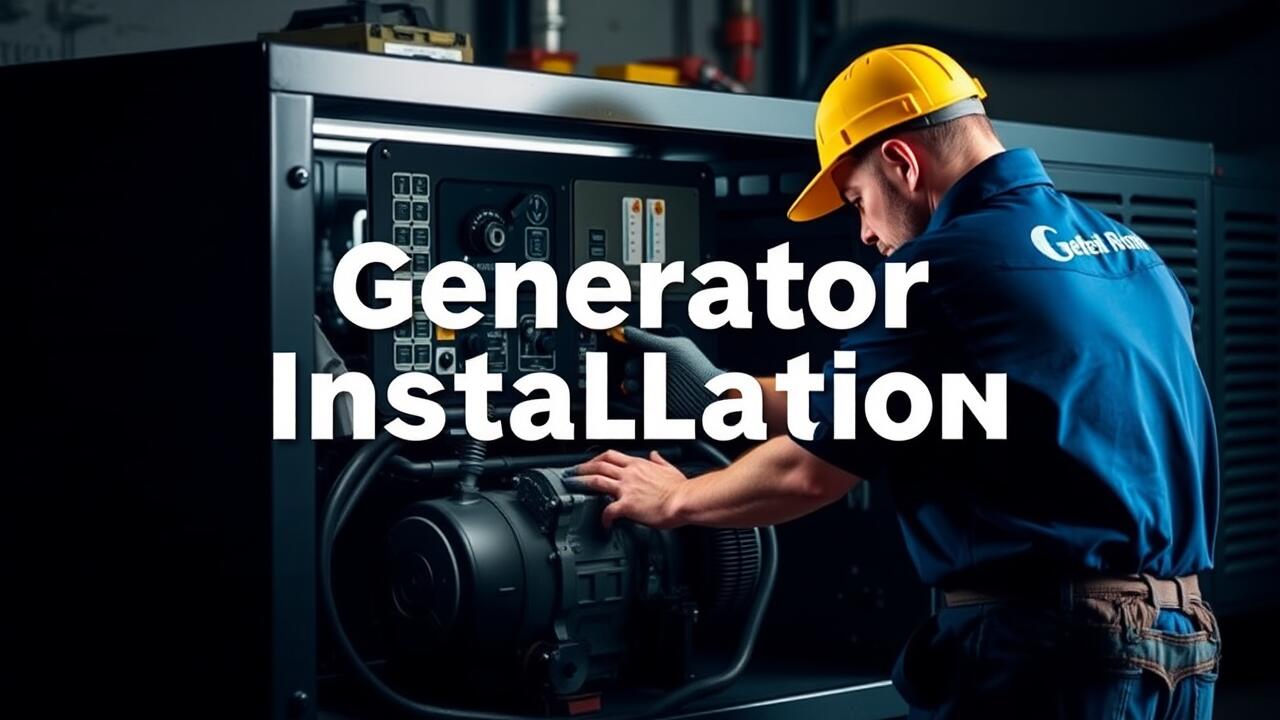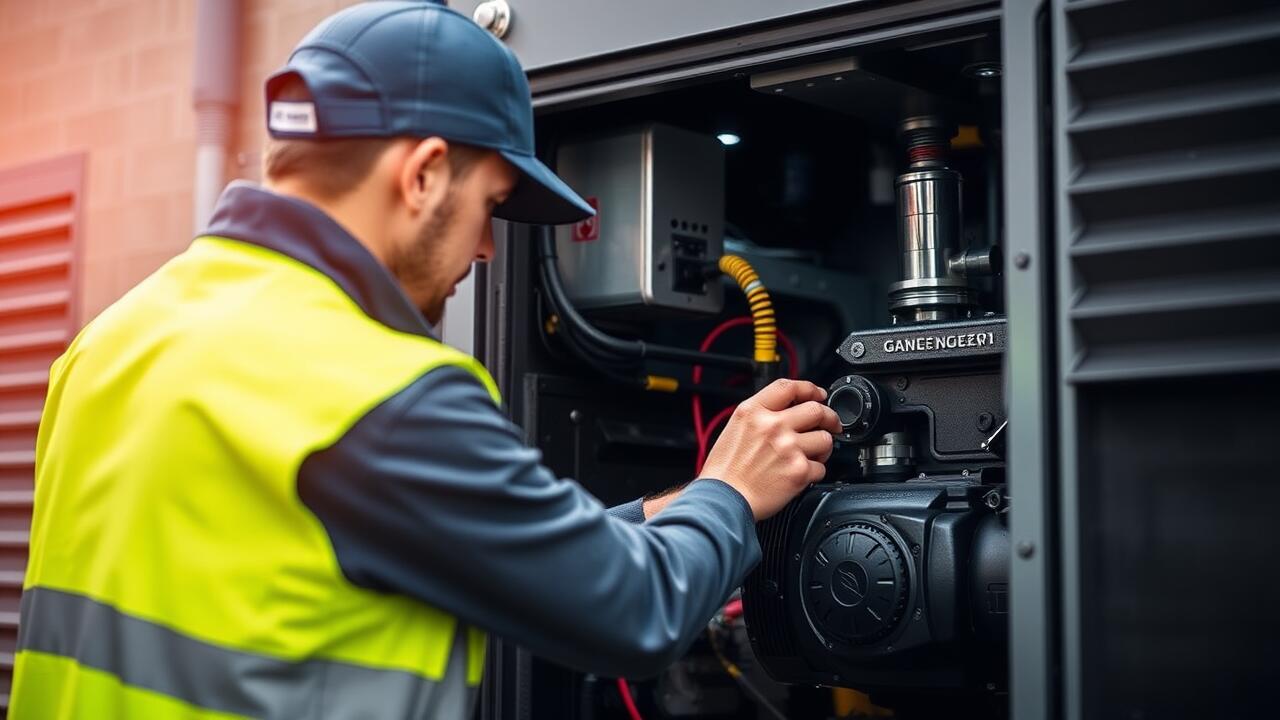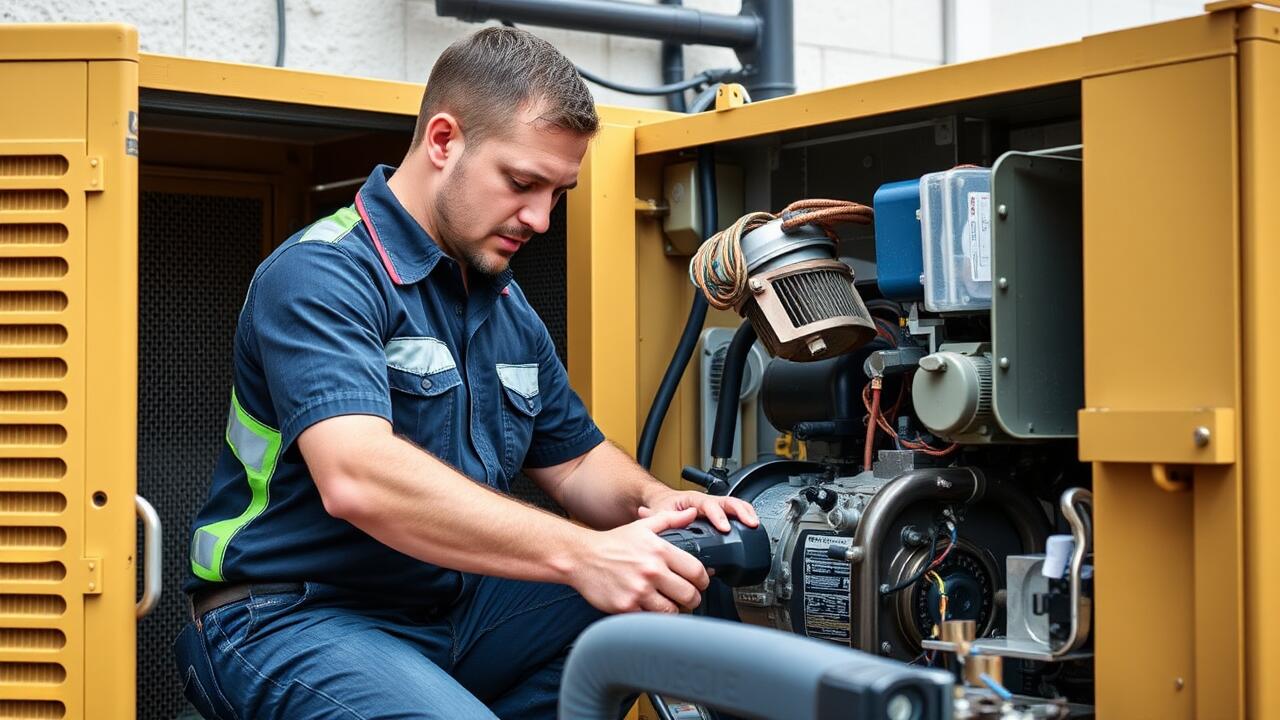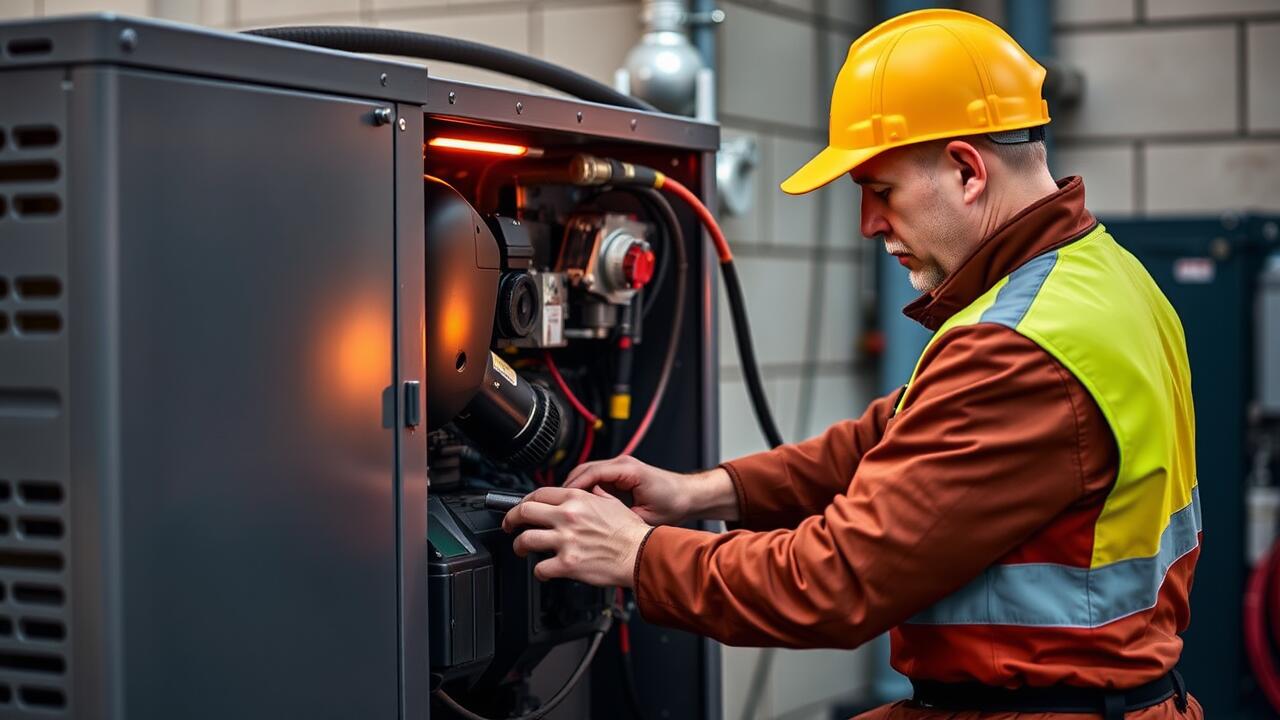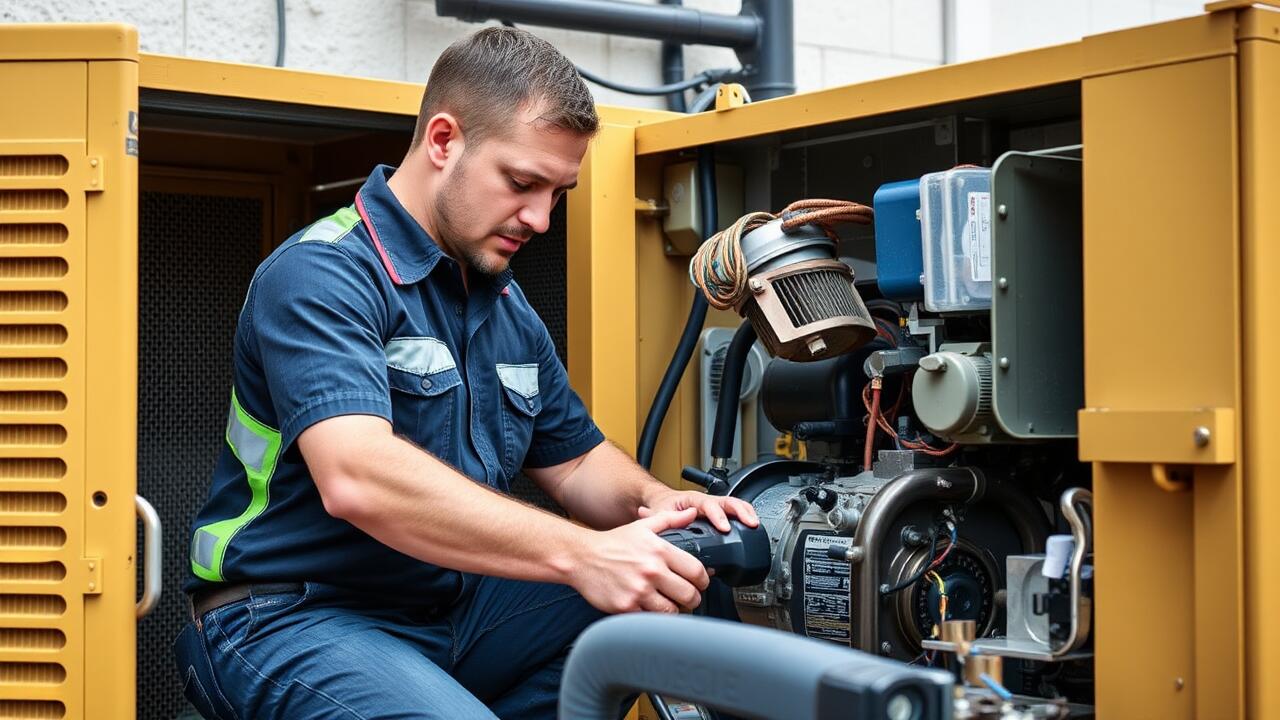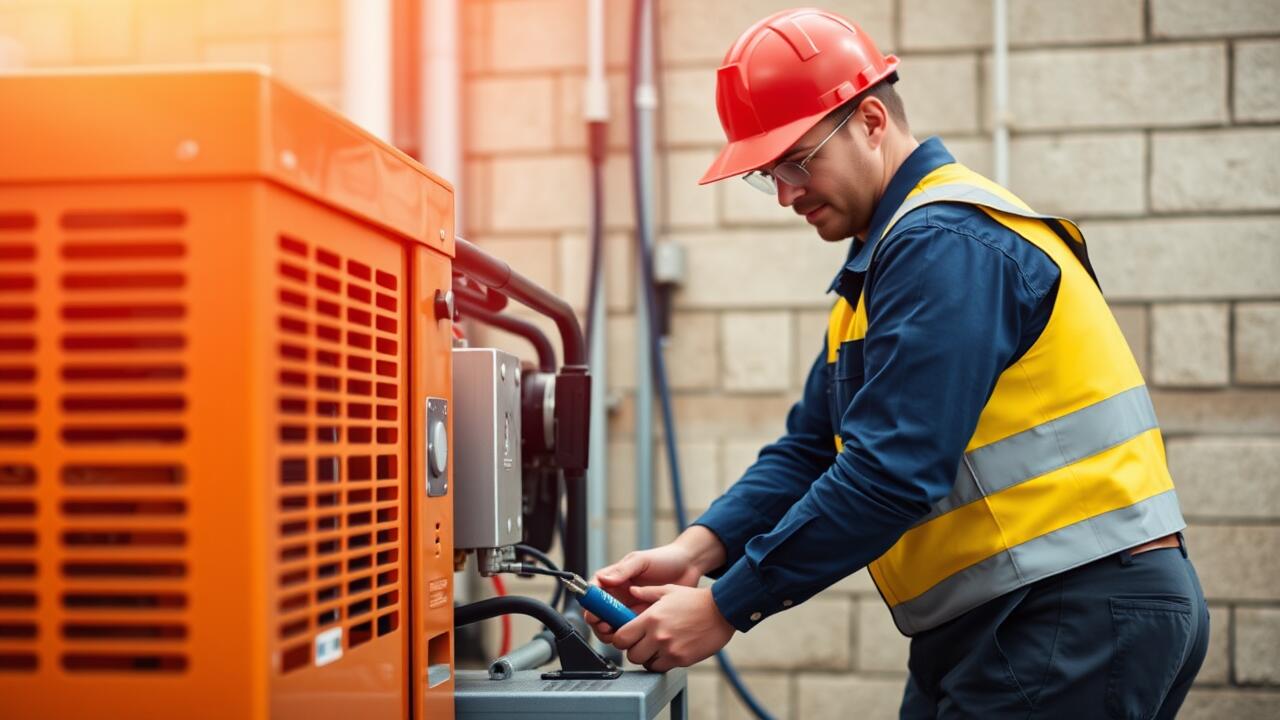
Factors to Consider When Choosing a Generator
When selecting a generator for your home, it is crucial to assess the total power requirement of your appliances, especially if you plan to run an air conditioning unit. This power requirement is usually measured in watts. Take stock of the essential devices you need to run during an outage and calculate the combined wattage. Additionally, consider the starting wattage versus the running wattage since some appliances require more power to start up. Having a clear understanding of your power needs helps narrow down your options effectively.
Another important factor is the fuel type and its availability in your area. Generators typically run on gasoline, propane, or diesel, and each fuel source has its advantages and drawbacks. Gasoline generators are convenient due to ease of access, while propane generators tend to run cleaner and offer longer shelf life for fuel. For those living in areas prone to outages, it may be wise to look into Generator Installation in Kingwood, Houston, where professional assistance can ensure your generator is properly set up for convenience and efficiency.
Fuel Type and Availability
When selecting a generator, the type of fuel it uses plays a crucial role in its performance and availability. Common fuel options include gasoline, diesel, propane, and natural gas. Gasoline generators are generally more portable but require frequent refueling. Diesel models offer longer run times and increased durability, making them suitable for extended power outages. Propane and natural gas generators provide convenience as they can be hooked up to existing fuel lines, reducing the need for storage and transportation.
Availability of fuel can significantly impact your generator's practicality during emergencies. Consider local supply chains and potential disruptions that may affect fuel access. In areas like Kingwood, Houston, where severe weather events can lead to outages, ensuring a steady supply of the chosen fuel type is essential. Proper planning for fuel storage and assessing local facilities that provide your preferred fuel can help maintain uninterrupted power during critical moments.
Benefits of Using a Generator During Outages
Using a generator during power outages offers substantial benefits, particularly in maintaining the comfort of a household. When the power goes out, essential systems such as air conditioning, heating, and refrigeration can be affected. A generator ensures that these systems remain operational, allowing residents to keep their indoor environments comfortable and secure despite external conditions. Access to electricity also means that family members can continue to use devices requiring charging, supporting both communication and entertainment.
Additionally, the convenience of having a generator cannot be overstated. It serves as a reliable backup during unpredictable outages, reducing anxiety about disruptions. For those considering options for home power solutions, seeking professional help for Generator Installation in Kingwood, Houston is advisable. Proper installation not only enhances efficiency but also ensures safety during operation, minimizing the risk of malfunction during crucial moments when consistent power is needed.
Ensuring Comfort and Convenience
A reliable generator provides an essential backup during power outages, ensuring that critical systems in the home remain operational. Air conditioning units, refrigeration appliances, and lighting can all be powered when electricity is unavailable, making the home more comfortable and livable. With proper planning, homeowners can enjoy uninterrupted comfort during extreme weather conditions or unexpected blackouts.
Choosing a professional service for generator installation in Sharpstown, Houston, adds another layer of convenience. Experts can assess the power requirements of the home, ensuring that the selected generator can handle the energy load efficiently. This tailored approach not only improves comfort but also enhances safety and longevity, as proper installation can prevent potential hazards related to electrical connections.
Installation Considerations for Generators
When planning for generator installation, several key factors must be taken into account. The size and type of generator should be compatible with the electrical requirements of the home. It's crucial to evaluate the power needs during peak usage, especially if you plan to run major appliances like air conditioning units. Additionally, considering the location of the generator is important. It should be placed in an area that allows for adequate ventilation and safe operation away from windows and doors.
Choosing between professional installation and a DIY setup can significantly influence the efficiency and safety of the generator. Professional installation often ensures compliance with local codes and regulations, which may not be fully understood by someone without experience. For residents seeking reliable services, Generator Installation in Kingwood, Houston, offers expertise in evaluating your home’s specific needs and ensuring the system operates safely and effectively. Proper installation also mitigates risks associated with improper connections and fuel handling.
Professional Installation vs. DIY Setup
When considering generator installation, the choice between professional installation and DIY setup plays a crucial role. Professional installers typically possess the expertise and experience required to ensure that the generator is properly connected to the existing electrical system. They can also navigate local codes and regulations, which can be complex. This ensures a safer installation, reducing the risk of malfunctions that may arise from improper setup.
On the other hand, some homeowners may opt for DIY installation to save on labor costs. With access to online resources and manuals, it is possible for a skilled individual to complete the task. However, this approach could lead to errors if one fails to fully understand the intricacies involved in generator installation. Engaging services for generator installation in Kingwood, Houston, can offer peace of mind, making it easier to handle any issues that may arise after installation.
FAQS
What size generator do I need to run my air conditioner?
The size of the generator you need depends on the wattage of your air conditioning unit. Generally, a generator with a minimum capacity of 5,000 to 7,500 watts is required to run a standard central air conditioning system, while window units may require less, around 1,500 to 3,000 watts.
How can I determine the wattage of my air conditioning unit?
You can find the wattage of your air conditioning unit on the manufacturer's label, which is usually located on the side or back of the unit. This label will indicate the unit's power requirements, often listed in BTUs or watts.
What other appliances should I consider when sizing my generator?
In addition to your air conditioner, consider the wattage of other essential appliances you may want to run during an outage, such as refrigerators, lights, and medical devices. Add their wattages together to determine the total required capacity for your generator.
Can I use a smaller generator to run my AC unit?
While it may be possible to use a smaller generator for short periods, it can lead to inadequate power supply, which may damage your air conditioning unit or cause it to malfunction. It’s best to choose a generator that meets or exceeds the total wattage requirements.
Is it necessary to have a professional install my generator?
Although DIY installation is an option for some homeowners, hiring a professional is recommended to ensure proper installation, safety compliance with local codes, and optimal performance of the generator system.
